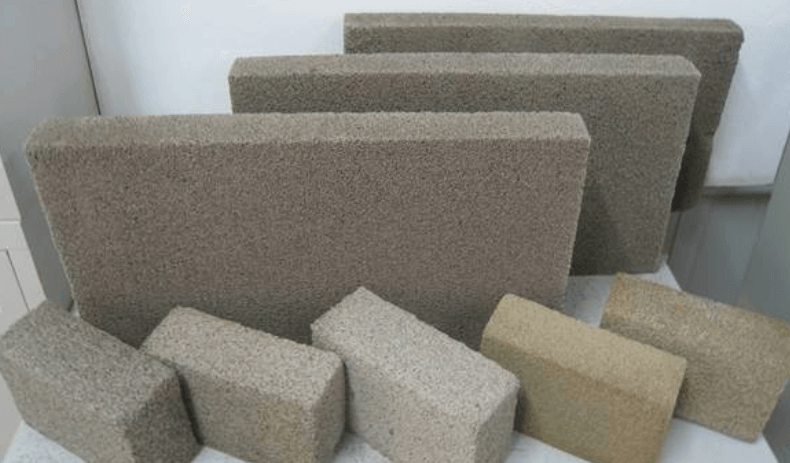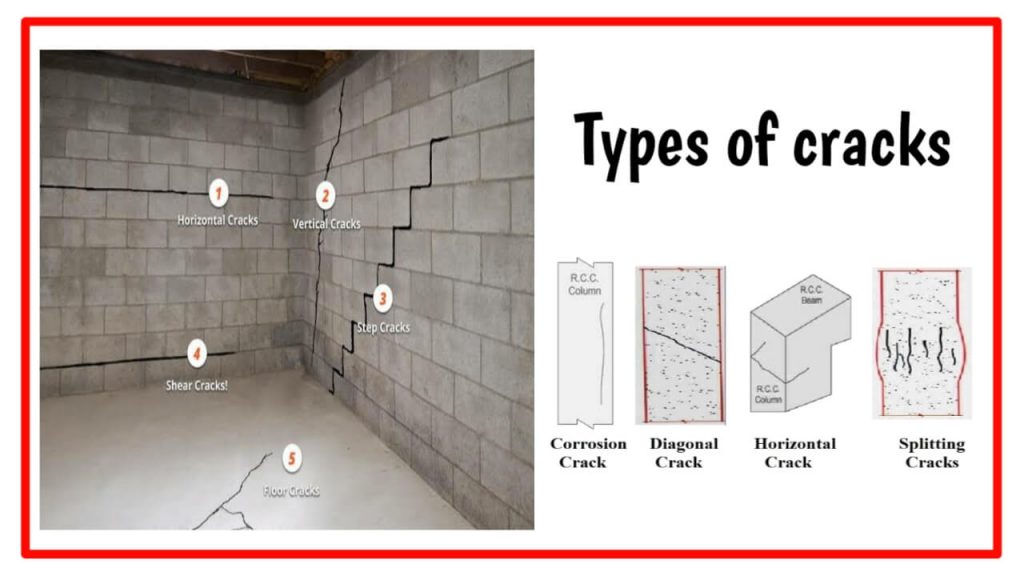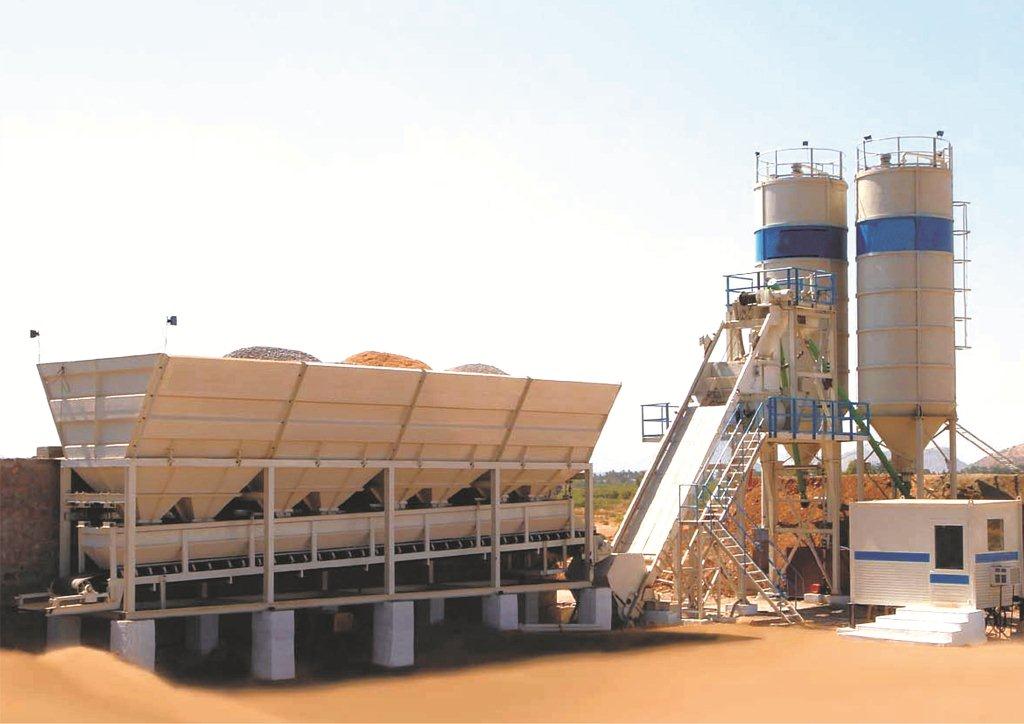Self-compacting concrete (SCC) is a specialized type of concrete that possesses the ability to flow and consolidate under its own weight without the need for mechanical vibration. This unique property makes SCC particularly useful in situations where traditional concrete placement methods may be challenging or labor-intensive. SCC is often employed in complex and congested structural elements, such as heavily reinforced sections, precast components, and structures with intricate shapes.
Here are some key characteristics and considerations related to self-compacting concrete:
Key Characteristics:
- Flowability: SCC has high flowability, allowing it to spread and fill the formwork without the need for external compaction methods.
- Consolidation: It can consolidate under its own weight, eliminating the need for vibration to remove air voids and ensure proper compaction.
- Segregation Resistance: SCC is designed to resist segregation, which is the separation of coarse aggregates from the cement paste.
- Viscosity: It has a balance of viscosity and fluidity to maintain stability without excessive bleeding or segregation.
- Mix Design: SCC requires a well-designed mix that typically includes a combination of high-range water-reducing admixtures, fine aggregates, and often, a viscosity-modifying admixture.
Advantages:
- Labor Savings: SCC reduces the need for manual compaction, resulting in labor savings and increased efficiency.
- Improved Quality: The elimination of vibration reduces the risk of honeycombing, cold joints, and other issues associated with inadequate compaction.
- Enhanced Structural Performance: SCC can improve the bond between concrete and reinforcement due to its ability to flow around congested reinforcement.
- Better Surface Finish: The self-leveling nature of SCC often results in a smoother and more aesthetically pleasing surface finish.
Challenges:
- Mix Design Complexity: Designing an appropriate mix for SCC requires careful consideration of various factors, including the desired flowability, segregation resistance, and setting time.
- Cost: SCC mixes may be more expensive due to the use of specialized admixtures and the complexity of the mix design.
- Testing and Quality Control: Quality control measures are crucial to ensuring that SCC meets the required specifications. Testing methods may differ from those used for traditional concrete.
- Setting Time: Controlling the setting time of SCC can be challenging, especially in situations where delayed setting is required.
- Material Compatibility: Compatibility between the constituents of the mix, including admixtures and supplementary cementitious materials, is crucial for the success of SCC.
In summary, self-compacting concrete offers numerous advantages in terms of ease of placement, improved structural performance, and enhanced aesthetics. However, it requires a careful mix of design, quality control, and consideration of specific project requirements to ensure successful implementation.










